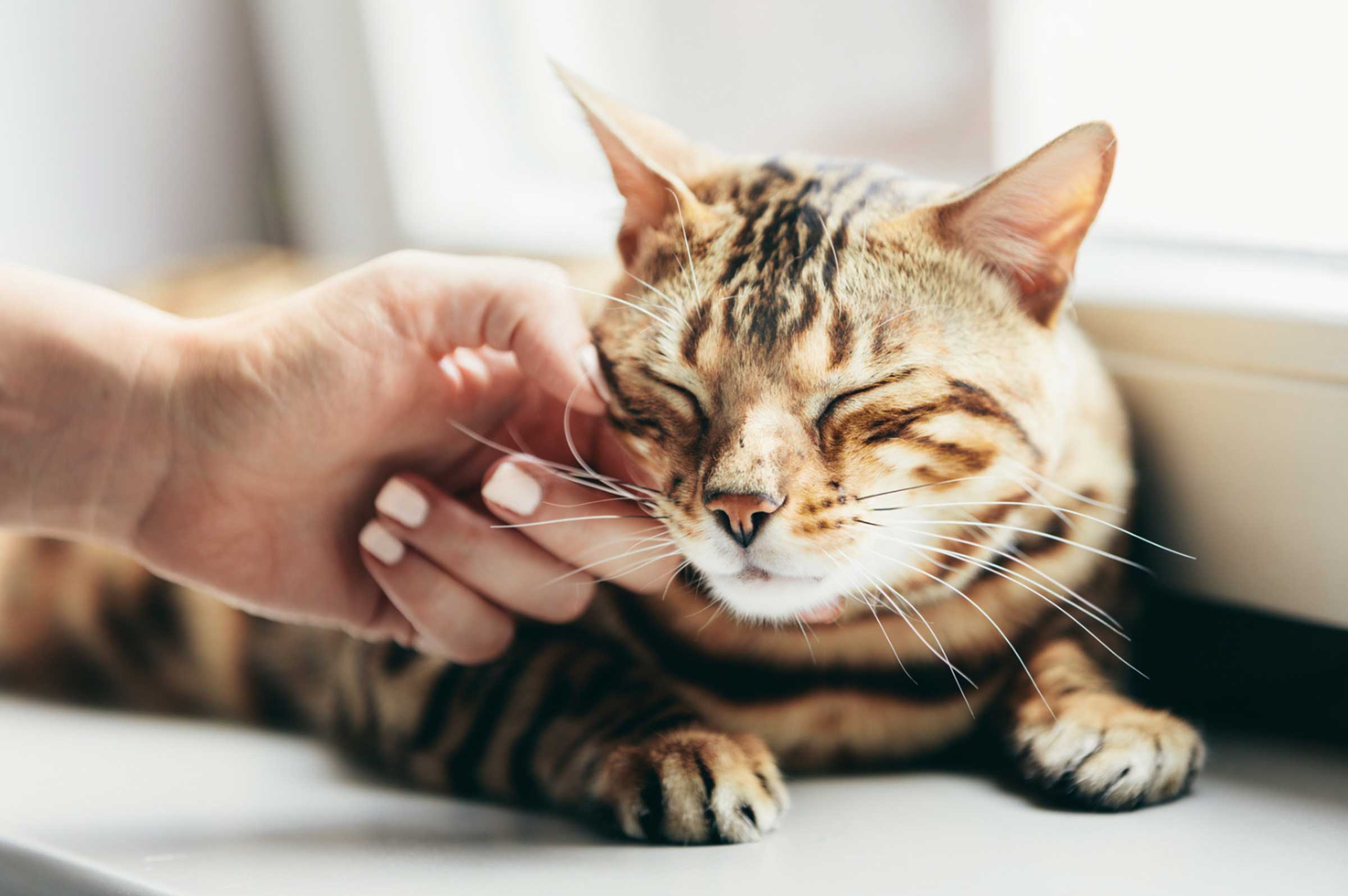Cats have long been cherished for their companionship, but research has shown that they can also play a significant role in supporting mental health. For those struggling with anxiety and depression, the presence of a feline friend can offer comfort, relaxation, and emotional support. While cats are known for their independent nature, their soothing effects on the human psyche are profound. Understanding how cats help with anxiety and depression can help individuals make the most of their relationship with their cats for emotional well-being.
The Calming Effect of Cats’ Purring
One of the most well-known ways that cats help reduce stress is through their purring. The sound of a cat’s purr has a calming effect on people, promoting relaxation. The frequency of a cat’s purr, typically between 25 and 150 Hertz, is associated with reducing stress and anxiety. This specific range has been shown to lower heart rates and blood pressure, which helps people relax. The rhythmic sound of a purring cat can create a calming atmosphere, perfect for those experiencing moments of high tension.
Additionally, the act of petting a cat can release endorphins, the body’s natural "feel-good" hormones. When these hormones are released, they help mitigate feelings of anxiety and depression. The physical contact involved in petting a cat can promote a sense of calm, helping to reduce the body's stress response. This simple act of interaction creates a powerful connection that brings comfort to many who are struggling with emotional challenges.
Cats Offer Non-Judgmental Companionship
Another way cats help with anxiety and depression is by providing companionship without judgment. Unlike humans, who may unintentionally add to one's stress through their responses or advice, cats are non-judgmental listeners. They offer unconditional companionship, which can help reduce feelings of loneliness and isolation. The presence of a cat allows individuals to feel less alone during difficult moments, giving them a sense of security and comfort.
Having a cat nearby can also provide a healthy distraction. Focusing on a cat’s needs—feeding, grooming, and playing—can shift a person's attention away from their own anxieties and negative thoughts. This mental break can be especially beneficial for individuals experiencing depression. Cats help their owners focus on the present, providing a gentle reminder that there is always something positive to care for, even when times feel tough.
The Therapeutic Benefits of Caring for a Cat
Caring for a cat can have a therapeutic effect on people with anxiety and depression. Routine tasks like feeding, cleaning, and grooming a cat provide structure to a person’s day. This can help reduce the uncertainty that often contributes to feelings of anxiety. The responsibility of caring for a cat also encourages individuals to stay active and engaged, which is especially beneficial for those who might otherwise withdraw due to depression.
Furthermore, the bond that forms between a person and their cat is emotionally enriching. This bond provides a sense of purpose, which can be helpful for individuals who feel a lack of direction in their lives. Caring for a cat gives individuals something to focus on beyond their own struggles, fostering emotional resilience. The stability and consistency that come with cat ownership can provide comfort and help improve one’s mental health over time.
Cats and Emotional Regulation
Emotional regulation is another area where cats make a positive impact. Many people struggling with anxiety or depression experience intense emotions that feel hard to manage. Having a cat nearby can provide a sense of stability, helping to regulate emotions in the face of overwhelming feelings. The simple presence of a cat can trigger feelings of safety and calm, allowing individuals to better manage their emotions during stressful situations.
Additionally, cats have been shown to reduce the symptoms of PTSD and other trauma-related disorders. The bond between a person and their cat can create a calming effect that helps reduce emotional reactivity. This calming presence can be particularly helpful for individuals who may find it difficult to express their emotions verbally. For many, having a cat to confide in—without judgment—can help them process their emotions in a healthier way.
The Importance of Cats in Mental Health Support
As research continues to highlight the benefits of cat ownership for mental health, it’s clear that cats play an important role in helping individuals with anxiety and depression. From their calming purrs to their non-judgmental companionship, cats offer more than just comfort; they provide therapeutic support that can improve emotional well-being. The emotional bond between a person and their cat can create a sense of stability and security, which is invaluable for mental health.
For those struggling with anxiety and depression, adopting a cat can be a significant step toward improved mental health. And to thank your new furry friend for helping to improve your mental health and well-being, keep them healthy and happy with VetSmart Formulas supplements. These supplements are designed to enhance their overall health and well-being. Take control of your mental health today, and consider adding a furry friend to your life for an added layer of comfort and support.










